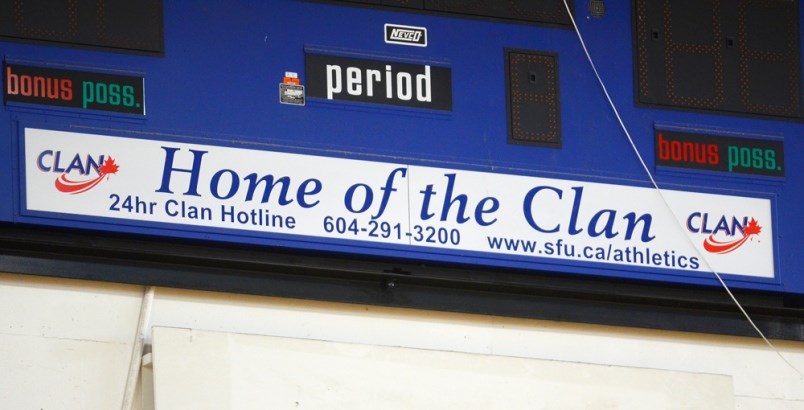It took a global anti-racism movement to do it, but it seems that one of the most blatantly offensive bits of mainstream culture is about to change.
Yes, the Washington Racist Slurs professional football team announced last week it will be conducting a “thorough review of the team’s name” in light of “recent events around our country and feedback from our community.” The team’s name isn’t actually the “Racist Slurs,” although it is, as far as I know, the only North American pro sports team name whose definition in the Canadian Oxford Dictionary begins with the note: “dated offensive.”
There are many ways to define offensive and there are certainly grey areas in some of the discourse over systemic racism, but this issue has very little grey. If you still aren’t sure about the name in question, or any similar such troublesome team name, ask yourself this: how would you feel approaching a complete stranger who is a member of the minority group in question and addressing that person to their face by that name? Would you be a little nervous about it? Is there a chance that person may be offended or hurt or shocked by someone calling them that name? Would you be the least bit worried that that person might consider, even for a split second, punching you right in the mouth?
If the answer to any of these question is yes, then that is most likely not a very good name for a sports team. And the Washington name is clearly the worst of them – even racists must look at it and be like, “dang, that’s blatant.”
Of course, people have been trying to get the Washington professional football team’s name changed for more than 50 years. George Preston Marshall, a co-owner of the team from 1932 to 1969, was the man who picked the name. Under Marshall’s watch, the Washington team was the last NFL franchise to integrate Black players. Also under his watch, and perhaps not coincidentally, the team was mostly terrible at winning football games.
Current Washington majority owner Dan Snyder has long defended the name, telling USA Today’s Erik Brady in 2013 that he would “NEVER” change the name, clarifying that “you can use all caps.”
NEVER, however, like so many other things, looks like it might be coming to an end in 2020. The cynic in me has a nagging feeling that the only “community feedback” that truly motivated the Washington team to review the name was from companies like Nike, FedEx and Pepsi, whose recent feedback about the name stands to cost the team millions of dollars in sponsorship and merchandising. You can’t shame those who have no shame, but it’s nice to know that a few companies interested in being good global citizens can still get things done with a little bit of empathy and several billion dollars’ bankroll.
Anyway, no matter how it happened, now is the moment. And it’s not just Washington either – other teams with other questionable names are also facing a reckoning. The Cleveland professional baseball team also recently announced they will look into the possibility of changing their name. There are also football teams in Kansas City and Edmonton that are facing questions, and a baseball team in Atlanta that last year was still handing out foam tomahawks and encouraging fans to do a “tomahawk chop” chant during games.
It is actually rather astonishing how many of these names and traditions have lasted this long, even while other pro and amateur teams have changed their names and moved on over the years.
Closer to home, change might be stirring at Burnaby’s Simon Fraser University, where the sports teams are called the Clan in honour of the school’s Scottish heritage. The name no doubt comes from a noble place, but for very obvious reasons it is now problematic, particularly with the school playing in a sports conference based in the United States. Change that “C” to a “K,” a switch that is imperceptible when spoken aloud, and you’ve got a team that would only be cheered by people in white hoods or the White House.
And so several SFU student-athletes have spoken out against the name through an “I am not your Clansman” social media campaign, and as of Monday afternoon more than 8,500 people had signed an online petition asking for the name to be changed. This one too seems like it will happen, as last week the SFU athletics department committed to a review of the name with the potential of having a new nickname by this fall.
These are small steps on the long road to addressing systemic racism, but they are meaningful. People love their sports teams, and for better or worse, these franchises have a large influence on the cultural climate of the day.
A name change won’t erase your favourite team’s history or take away its championships. It also will not bring an end to the fight for equality. But it is a good place to start.
Andy Prest is sports editor for the North Shore News. His humour/lifestyle column runs biweekly. [email protected]
Read more from the North Shore News



